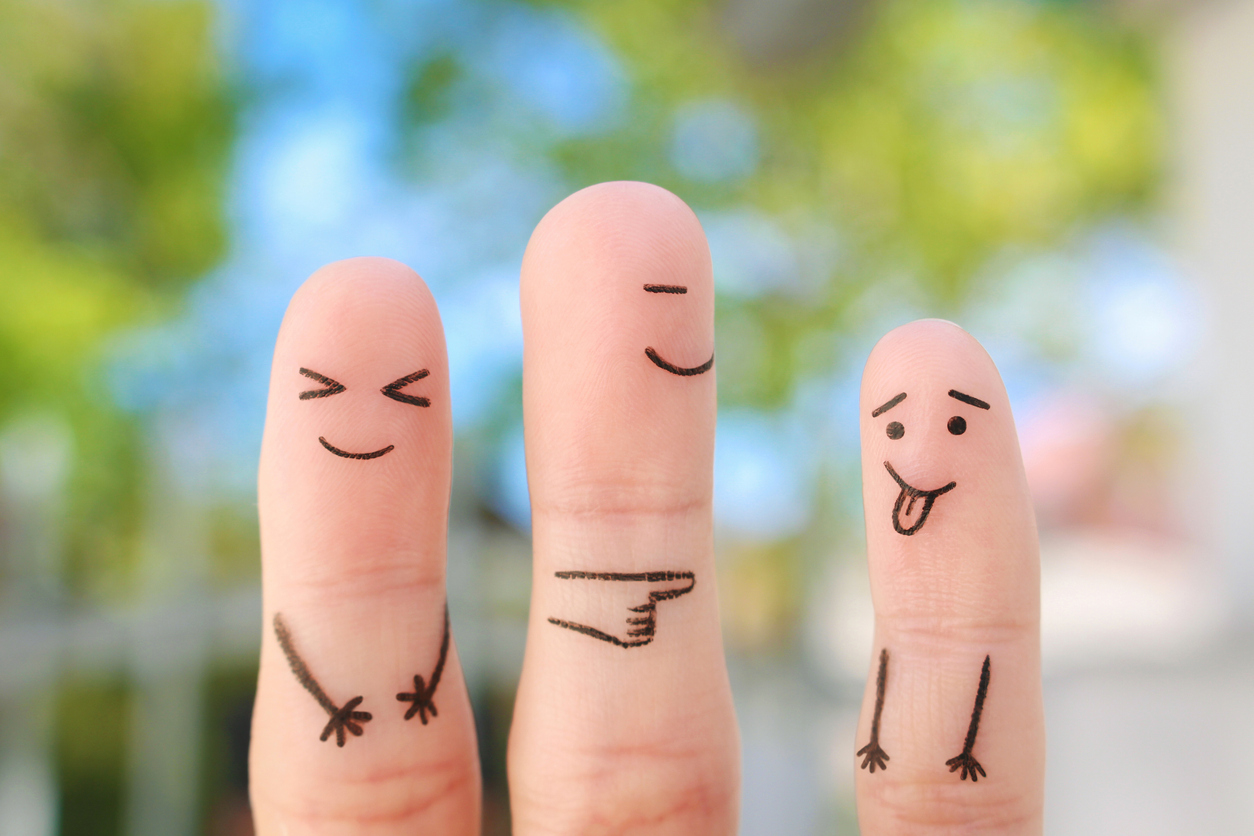
I have recently found myself observing a situation between two friends where one of them uses a lot of humor in his communication. The issue with his humor is that it is directed at my other friend and involves a lot of picking on the person. I have noticed it and my friend has confided in me that they don’t appreciate the picking and that they have already talked to the person about it. I know my friend doing the picking isn’t trying to be offensive or hurtful, but his actions are damaging their relationship.
I’m not trying to suggest that this use of humor can never be part of a healthy relationship, but it is something we should be aware of and careful about how we use. When I worked in a program serving adolescents, one of our individuals served seemed to have a great relationship with a staff member and this staff member used to playfully pick on this person quite a bit. It later turned out that this individual had felt the need to share with their therapist how hurtful they found the picking. When the staff found out, they were devastated that they had unintentionally been causing emotional harm to the person.
In chapter 2 of The Mandt System, we discuss how humor may be a useful strategy to divert or distract a person and help them de-escalate, but we need to be careful of the type of humor we use as we may be interacting in ways that are contributing to workplace conflict with people served and coworkers. As we work at creating a safe workplace, we need to remember that safety is not just physical but also emotional and psychological. Positive behavior support teaches us that to build healthy relationships we need to focus on building people up and avoiding interactions that may be tearing people down. This includes how we engage in our use of humor.
Doug ZehrVogt, Mandt System Faculty



